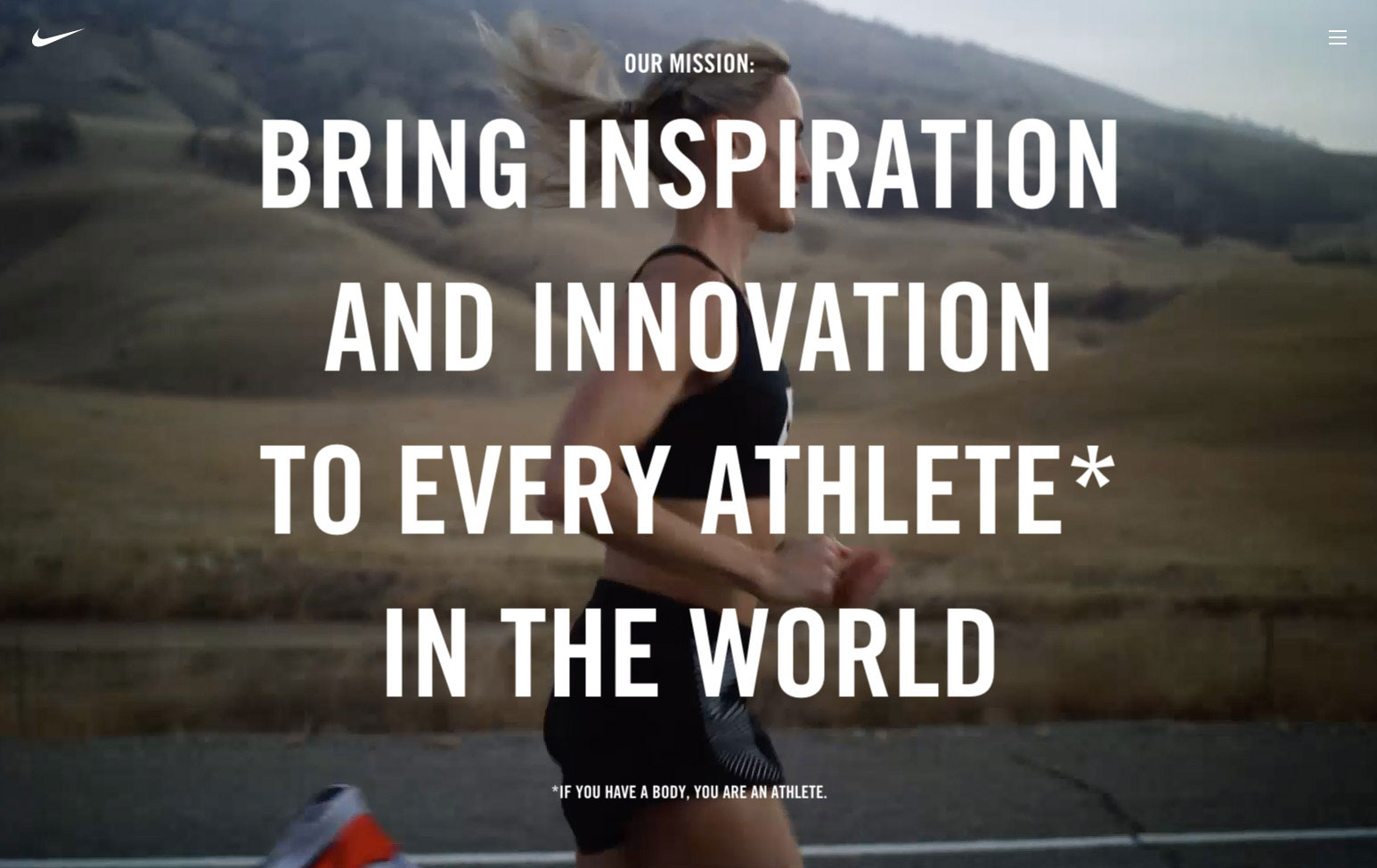Are businesses getting brand purpose wrong?

Brand purpose has become a ubiquitous buzz-phrase. But are brands getting it right? The old misconception was that a brand’s purpose was to make profit. Others think a brand’s purpose must be a noble one, one that benefits social causes or the environment.
I don’t believe either definition tells the full story or allows your brand to get the best ROI. And here’s why:
‘Why’ your brand needs a purpose
It seems that no brand is without a purpose, and quite rightly, because brands with a clearly defined purpose grow twice as fast as similar brands without one.
They have a brand valuation increase of 175% over the past decade, compared to a significantly slower 70% growth rate for brands with a lower sense of purpose. (Source: Kantar’s Purpose 2020 report)
Your brand’s purpose is why your business exists. Not to be confused with your vision (where you want to get to), or your mission (how you’ll get there).
A brand’s reason for being, or ‘Why,’ first became popularised in 2009, when Simon Sinek proposed a fast track to business growth with his TED talk on Why. That talk went on to become the second most watched TED Talk of all time and is still in the top five, with over 50 million views.
Any person or organization can explain WHAT they do, some can explain HOW they are different or better than their peers, but very few can clearly articulate WHY. The WHY is not about money or profit — those are results. The WHY is the thing that inspires us and inspires those around us. - Simon Sinek
Sinek explains that our brains are wired to consider a purchase rationally – weighing up the pros and cons – but we BUY with our emotional brains. “Martin Luther King didn’t tell people what was wrong or what needed to change in America. He told people what he believed. It worked because it was what THEY believed.”
People buy from companies that believe the same things they believe. Emotions drive action and shared beliefs can cement customer loyalty. It’s a win-win situation. So what’s the problem?
Don’t forget the customer’s needs
Purpose taps into emotion, but what if your customer’s emotional need isn’t a higher purpose? A consumer’s emotional need could be self-worth, pride, or joy.
Nike’s brand purpose is:
“To motivate every athlete in the world.
We believe if you have a body, you can be an athlete.”

And Dove’s brand purpose is:
“To deliver a world where beauty is a source of confidence, not anxiety.”
Dove’s purpose is directly related to the purpose of their products and is a benefit to the consumer’s emotional needs.
The best purpose driven campaigns manage to closely align their core customer need with a higher purpose and for Dove that is championing body confidence. This focus allows them to hero diversity of race, size, and attitudes to beauty. Their 2021 #ARMSUP campaign celebrated freedom, the ads were relevant, empowering, and inclusive, and also dovetailed neatly with their purpose.
These are valid and broad-reaching brand purposes, but their purpose is not wholly about doing good for the benefit of the world. The core of their purpose is focused on their consumers’ emotional needs. Consumers want to be loyal, but they want to be inspired.
It seems that now every brand has a conscience
In the marketing world brand purpose seems to have confused the ‘inspiring Why’ with code for ‘supporting environmental or social issues.’ On Marketing Week’s Brand Purpose page, the featured projects are all listed as ‘doing a world of good.’
Coca-Cola, are a hugely successful brand worldwide. Their brand purpose used to be:
“To refresh the world, inspiring moments of optimism and happiness.”
And now, it is:
“To refresh the world and make a difference.”
They say, “It’s about how we refresh people in both body and spirit. It’s about how we refresh the planet and limit the footprint we leave behind.”
It all sounds wonderful, but if a brand’s purpose isn’t water-tight it can cause the company some serious problems. Coca-Cola made a statement in 2020 saying that by 2021 almost all its PET bottles, small or large, would be made of 100% recycled plastic. The reality is that plastic use worldwide is still going up, and as a global company they are struggling to fulfil their 100% renewables promise, many countries they operate in simply don’t have bottle deposit schemes. Coca-Cola hit the headlines during COP26, when the company was labelled ‘the world’s biggest polluter.’
Advertising can run the risk of seeming disingenuous if you consistently advertise with a pronounced gender, racial or political bias. If you are perceived as being politically correct for ‘PC’s’ sake, you risk damaging not only your company’s credibility but also any positive progress made by the very causes you want to support. You must also stand fast to what you believe to be believable.
Take HSBCs latest ‘Border’ campaign by Wunderman Thompson, which launches the bank’s new purpose by demonstrating how borders can hinder opportunity.

HSBC declares itself to be ‘Timely, timeless, never political.’ Which is confusing. Why not own their positive stance on global commerce and their belief in a world without borders? You should never play to an audience’s values, only to deny your purpose later.
We all want to make a difference to the world
Fundamentally people are intrinsically ‘good’ and more than 90% of shoppers worldwide are likely to switch to brands supporting a good cause. Who wouldn’t?
The power of purpose has driven a meteoric rise in the number of companies wanting to gain ethical certification from B-corporation, whose aim is to recognise businesses with the common goal – to build a more inclusive and sustainable economy. So much so, that they now have a ten-month waiting list (Oct ‘21).
It’s a good thing that companies are focused on making the world a better place, brands with no view to sustainability or social causes can make them seem out-of-touch and self-serving – but the consumer must be empowered too.
So, choose your purpose carefully, make sure it’s one you can fulfil wholeheartedly and truly believe in. And maybe then you’ll also find the right balance of profit, people, and planet to reflect both your customers’ emotional needs and what they also believe in.
Ultimately, the stronger your purpose, the stronger your brand strategy will be.
Want to read more? You might find these articles interesting: